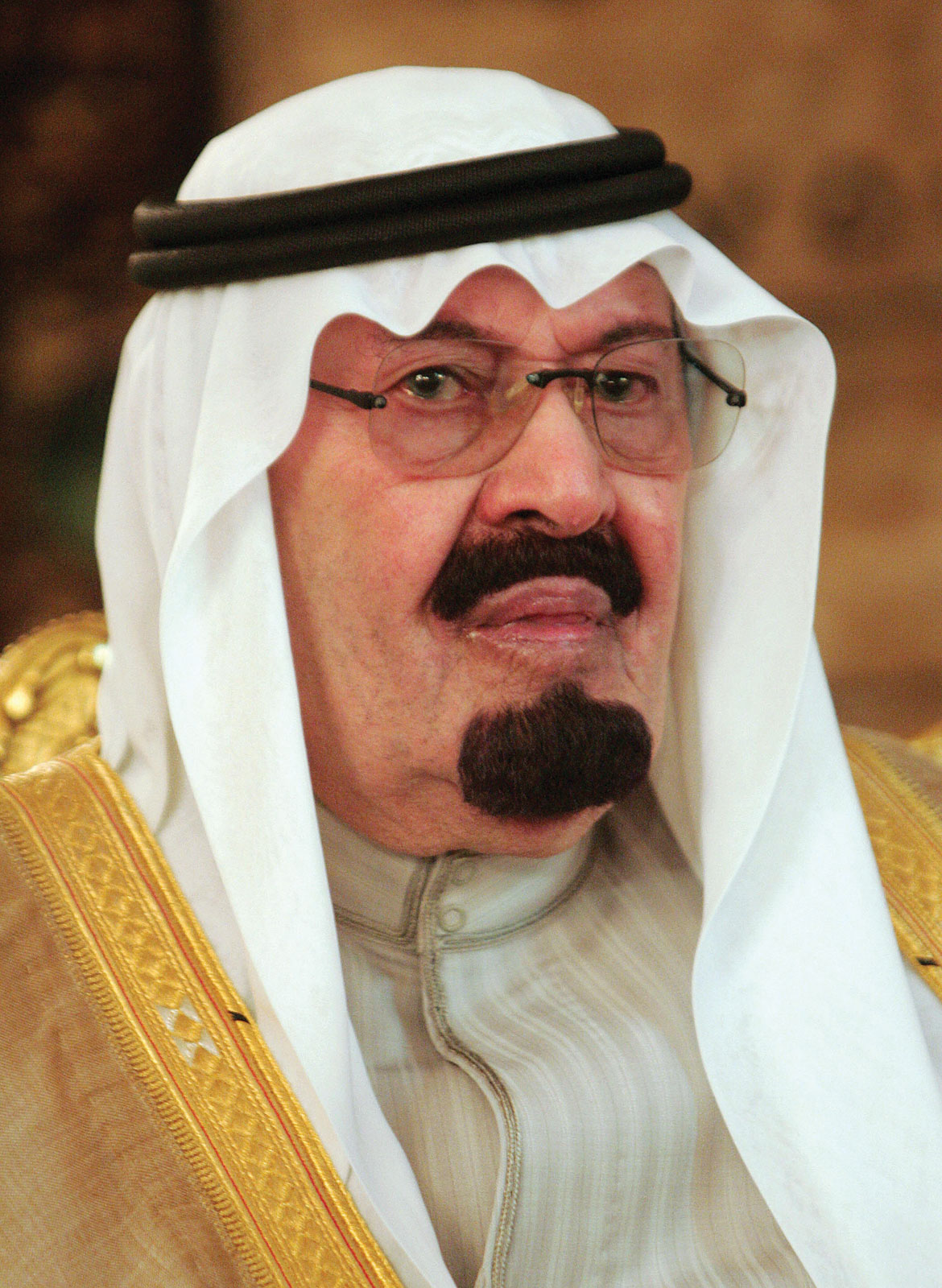King Abdullah Aziz of Saudi Arabia is a prominent figure whose reign left an indelible mark on the kingdom and its people. His leadership spanned over a decade, during which he implemented significant reforms aimed at modernizing Saudi Arabia and enhancing its global standing. In this article, we will delve into the life, achievements, and lasting impact of King Abdullah Aziz, exploring his contributions to both domestic and international landscapes.
Born on August 1, 1924, King Abdullah Aziz ascended to the throne in 2005, following the death of his half-brother, King Fahd. His reign was characterized by a commitment to reform, economic diversification, and social development. With a focus on education, healthcare, and women's rights, Abdullah's vision aimed to propel Saudi Arabia into a new era of progress and innovation.
Throughout this article, we will analyze key aspects of King Abdullah Aziz's life, including his early years, rise to power, major reforms, and the ongoing influence of his legacy. As we explore these facets, we will also highlight the importance of his contributions to the Kingdom, establishing him as a trusted and authoritative figure in Saudi history.
Table of Contents
- 1. Early Years and Background
- 2. Ascension to the Throne
- 3. Major Reforms Under His Leadership
- 4. International Relations and Diplomacy
- 5. Economic Development Strategies
- 6. Social Initiatives and Women's Rights
- 7. Legacy and Continued Influence
- 8. Conclusion
1. Early Years and Background
King Abdullah Aziz was born in Riyadh, Saudi Arabia, as the son of King Abdulaziz, the founder of modern Saudi Arabia. He grew up in a politically charged environment, witnessing the formation of the kingdom and the establishment of its institutions. Abdullah received a traditional Islamic education, which laid the foundation for his future leadership.
- Birth Date: August 1, 1924
- Place of Birth: Riyadh, Saudi Arabia
- Father: King Abdulaziz
- Mother: Fahda bint Asfan Al Shuraim
2. Ascension to the Throne
After the passing of King Fahd in 2005, Abdullah ascended to the throne, becoming the sixth king of Saudi Arabia. His ascension was marked by public enthusiasm, as many viewed him as a reformist leader capable of addressing the kingdom's challenges. His first royal decree was to increase salaries for government employees and military personnel, signaling his commitment to improve the living standards of his citizens.
3. Major Reforms Under His Leadership
King Abdullah Aziz introduced several significant reforms during his reign, focusing on various sectors:
- Education Reform: Abdullah emphasized the importance of education as a cornerstone for national development. He initiated programs to enhance the quality of education and established universities in various regions.
- Healthcare Improvements: The king allocated substantial funds to improve healthcare services, including building hospitals and clinics across the country.
- Infrastructure Development: Major infrastructure projects were launched to modernize transportation, housing, and public services, aiming to facilitate economic growth.
3.1 Focus on Technology and Innovation
Abdullah recognized the importance of technology in driving progress. He supported initiatives to promote research and development, particularly in fields such as renewable energy and information technology.
3.2 Cultural and Religious Reforms
While maintaining the kingdom's conservative values, King Abdullah sought to promote a more moderate interpretation of Islam. He engaged in interfaith dialogue and advocated for a better understanding of Islam on the global stage.
4. International Relations and Diplomacy
King Abdullah's reign was marked by active engagement in international diplomacy. He played a crucial role in fostering relationships with Western nations while balancing the kingdom's ties with neighboring Arab states and other Muslim-majority countries.
4.1 The Arab Spring and Regional Stability
During the Arab Spring, Abdullah took a cautious approach, emphasizing stability and security within the region. He supported initiatives aimed at addressing the underlying causes of unrest and promoting economic development in neighboring countries.
4.2 Engagement with the United States
Under his leadership, Saudi Arabia strengthened its alliance with the United States, focusing on counter-terrorism efforts and regional stability. Abdullah's diplomacy played a vital role in addressing global security challenges.
5. Economic Development Strategies
King Abdullah recognized the need for economic diversification beyond oil dependency. He launched Vision 2030, a comprehensive plan aimed at transforming the Saudi economy:
- Investment in Non-Oil Sectors: The initiative emphasized investments in tourism, entertainment, and technology, fostering a more diverse economy.
- Public-Private Partnerships: Abdullah encouraged collaboration between the government and private sector to stimulate economic growth and create job opportunities.
6. Social Initiatives and Women's Rights
One of Abdullah's notable legacies is his commitment to advancing women's rights in Saudi Arabia. He recognized the importance of women's participation in the workforce and society:
- Education for Women: Abdullah promoted access to education for women, leading to an increase in female enrollment in universities.
- Increased Employment Opportunities: Policies were implemented to encourage women's participation in various sectors, contributing to economic growth.
7. Legacy and Continued Influence
King Abdullah's legacy continues to resonate in Saudi Arabia and beyond. His vision for a modern, progressive kingdom laid the groundwork for future leaders to build upon. The reforms he initiated have had a lasting impact on the socio-economic landscape of the country.
Moreover, his efforts to promote interfaith dialogue and understanding have positioned Saudi Arabia as a key player in global discussions about tolerance and coexistence.
8. Conclusion
In conclusion, King Abdullah Aziz of Saudi Arabia was a visionary leader whose reign brought about transformative changes in multiple sectors. His commitment to reform and modernization set a precedent for future generations. By focusing on education, healthcare, and women's rights, Abdullah's legacy remains a guiding force in Saudi Arabia's ongoing journey toward progress.
We invite you to share your thoughts on King Abdullah Aziz's impact in the comments below and explore more articles to deepen your understanding of influential leaders in history.
Thank you for reading, and we look forward to welcoming you back for more insightful content!


